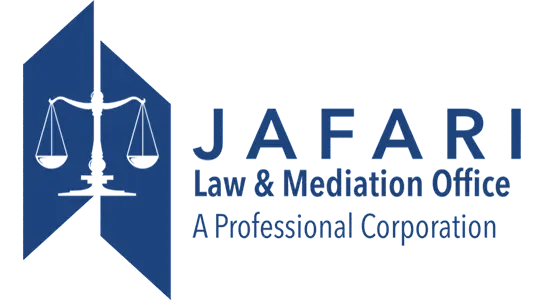3130-3153: Protecting Children in Custody Disputes:
In custody disputes, especially those involving missing children, absent parents, or allegations of concealment or abduction, California law gives courts and prosecutors specific tools to ensure that children are located, protected, and returned safely. Additionally, the law ensures that missing child reports are properly cross-checked and that a child’s voice is represented in court when necessary. The following chapters provide the legal mechanisms for addressing these sensitive and urgent issues.
3130 – 3135: Location of Missing Party or Child
This chapter empowers the district attorney to act swiftly when a child is concealed or a party fails to appear in custody proceedings.
If one parent is missing or refuses to appear in court with the child, the district attorney can initiate or support a custody case and must take all reasonable steps to locate both the child and the noncompliant parent. This includes using civil or criminal processes to enforce custody or visitation orders.
If a child is detained or taken in violation of a custody order, the district attorney must act to recover the child and return them to the rightful custodian. The district attorney does not represent either party in the case, but rather acts on behalf of the court to enforce lawful custody arrangements.
Courts may grant temporary custody to facilitate the child’s recovery and may also issue a protective custody warrant to detain the child and freeze assets of the person believed to be hiding them. These actions are designed to deter abduction, ensure compliance with court orders, and bring the case back under judicial control.
Expenses incurred by the district attorney can be reimbursed by the state, with the court allowed to assign repayment responsibility to one or both parents when appropriate.
Key takeaways:
- The district attorney has the authority to locate and recover children who are being concealed or taken in violation of court orders.
- Protective custody warrants and asset freezes are legal tools courts may use to ensure compliance.
- These actions are meant to serve the best interest of the child, not either parent.
3140: Check to Determine Whether Child is Missing Person
Before issuing or modifying a custody order, especially when one parent has not appeared in court, the court must take steps to ensure the child is not listed as missing.
The process begins with the petitioner submitting a certified birth certificate for the child. This document is forwarded to local law enforcement, which must check the National Crime Information Center’s Missing Person System to confirm the child has not been reported abducted or missing.
This requirement primarily applies in cases where there is no proof that the other parent was personally served with notice of the proceedings. However, courts can waive this requirement for good cause.
Key takeaways:
- Courts must verify that a child is not listed as missing before issuing custody orders when a parent has not appeared.
- This protects against custody orders being used to legitimize abduction.
- The process can be waived by the court if justified.
3150 – 3153: Appointment of Counsel to Represent Child
When a custody or visitation dispute raises concerns about a child’s welfare, the court has the option to appoint an attorney to represent the child.
The appointed attorney’s role is to advocate for the child’s best interests—not necessarily to act as a neutral investigator or to merely echo the child’s stated preferences, unless it is appropriate. Duties include reviewing case files, interviewing the child, and presenting evidence to the court. The attorney may also voice the child’s wishes if the child desires.
Counsel has broad authority, including the right to access school and medical records, participate in all phases of the case, and request protective orders or evaluations on the child’s behalf. The attorney cannot be called as a witness and functions as an active legal representative in the case.
Fees for the attorney are typically divided between the parents, unless the court finds they cannot afford it, in which case the county pays part or all of the cost. The Judicial Council provides guidelines for determining financial eligibility for county payment.
Key takeaways:
- Courts may appoint legal counsel to represent the child’s interests in contested custody or visitation matters.
- The child’s attorney has full rights to participate as a party in the case.
- Cost of counsel is shared by the parents or covered by the county if necessary.
These three chapters work together to protect children during contentious or risky custody proceedings. They give the courts and district attorneys the ability to act quickly when a child is missing or unlawfully held, ensure that custody orders are not misused, and provide legal representation for children whose voices and welfare may otherwise be overlooked. Let me know when you’re ready to proceed with the next section.

